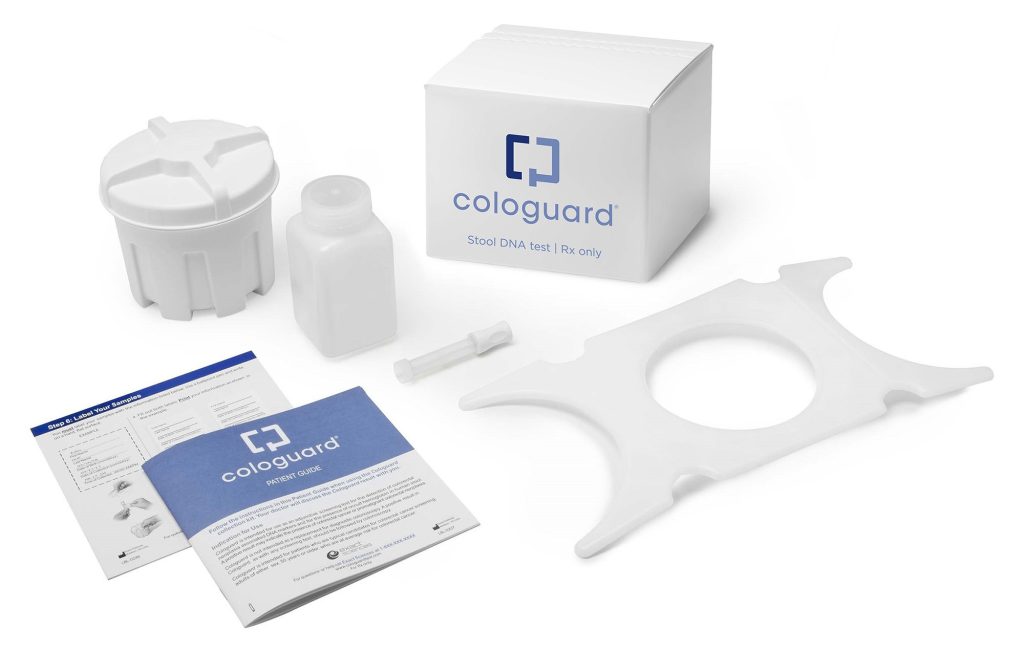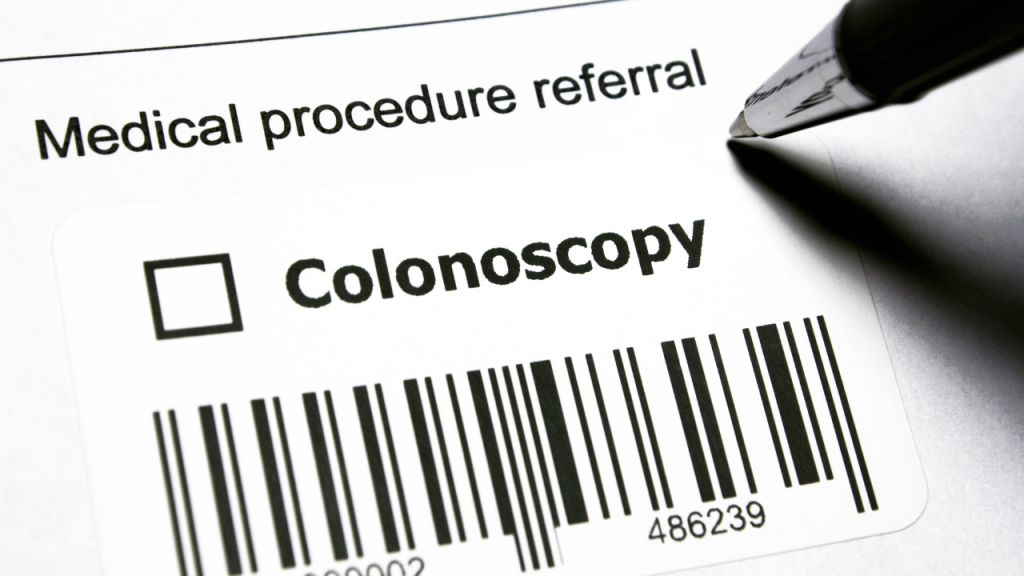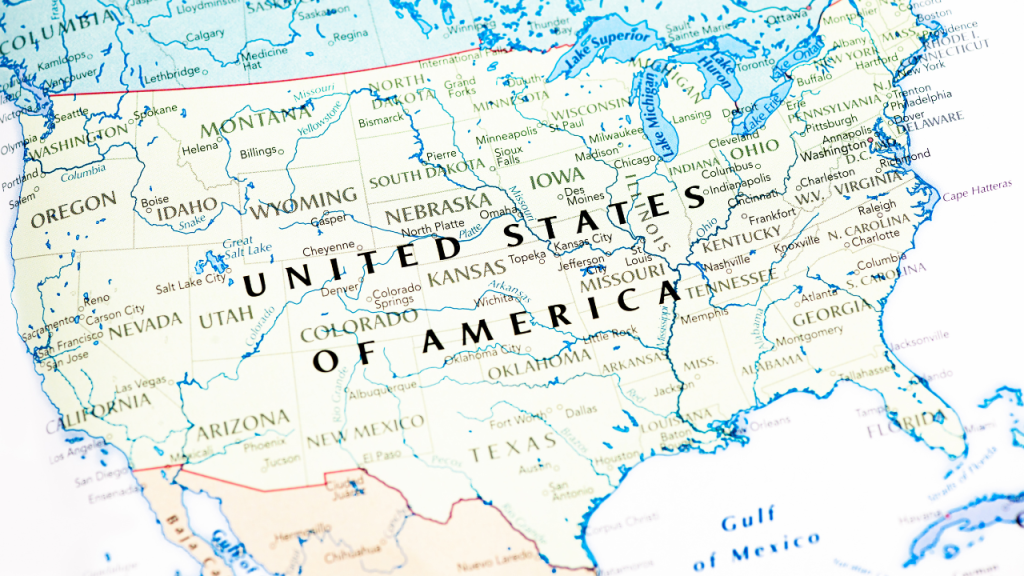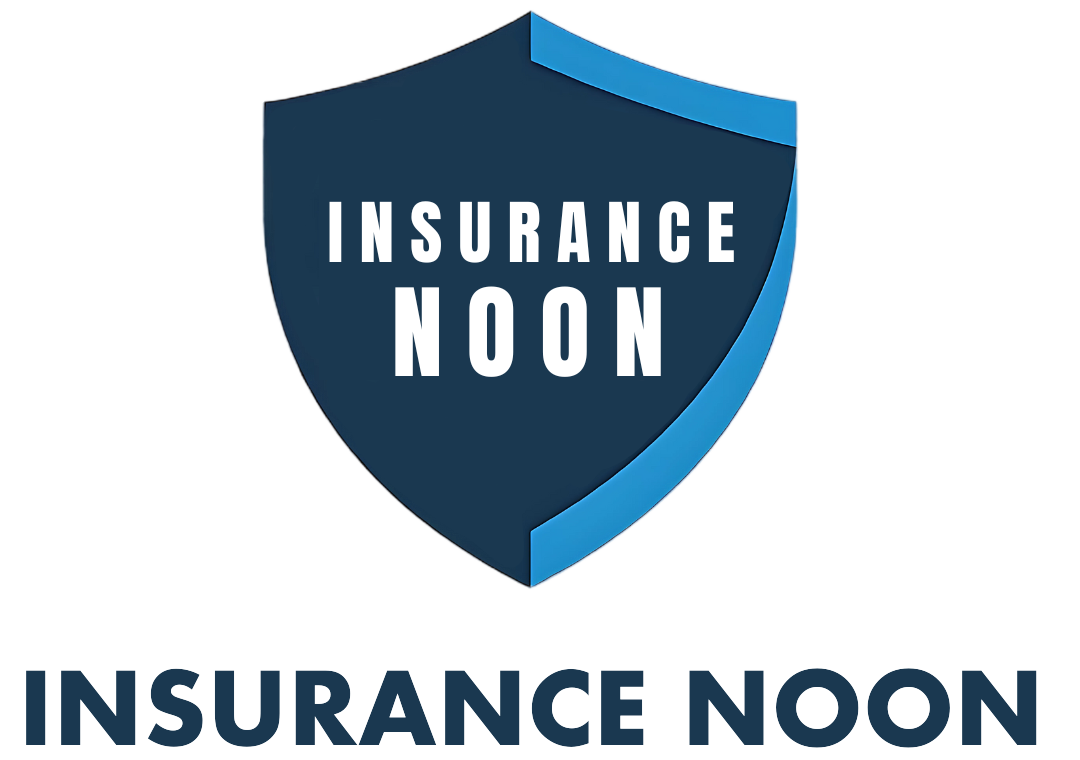How Much Is A Colonoscopy Without Insurance?
Want to get a colonoscopy but dont have insurance? Read on to find out how much it will cost you.
Colorectal cancer is the third most common cancer diagnosed in men and women in the United States. A colonoscopy is one of the most effective ways to detect and prevent colorectal cancer, but it can be costly, especially for those without health insurance. For many people, its cost without insurance can be a significant financial burden, often leading them to delay or avoid the procedure altogether.
In this article, we will explore the costs of a colonoscopy without insurance, including the different factors that influence the price of the procedure, such as the type of facility where it is performed, the geographic location, and any additional tests or services that may be necessary. We will also discuss the various options available to uninsured or underinsured individuals, including low-cost clinics and other community resources that provide affordable access to this life-saving screening.
It is important to note that the cost of a colonoscopy should never be a barrier to receiving critical medical care, especially when it comes to preventing or detecting cancer. By understanding the costs and available resources, individuals can make informed decisions about their healthcare and take proactive steps towards better colorectal health.
So, what are you waiting for? Without much further ado, let us head straight into it!
Is it vital to have a colonoscopy?

Colonoscopy is the most accurate and precise test to discover any malignant growth of the colon and rectum, demonstrated to observe cancer early and save lives. However, even a generally excellent test should be conducted time after time. A colonoscopy is an obtrusive methodology and has its risks. Along these lines, taking the test is critical in case you’ll probably benefit from it.
One of the most common reasons for death globally is bowel cancer. Current proof proposes that colonoscopy fundamentally lessens the danger of bowel malignancies. This is where colonoscopy’s most significant advantage lies. Colonoscopy can likewise be utilized to find out if the patent has any inflammatory bowel infections.
Bowel cancer begins as small malignant protrusions in the gut called polyps. These polyps can be observed via a colonoscopy and exercised by doctors during the procedure. Along these lines, a colonoscopy is more advantageous in individuals at a greater risk of bowel cancer. The most significant danger factor is age, as malignancy rates increase in individuals 50 years old or older. However, some younger individuals can also be in danger because of family history. Furthermore, the latest information and research propose that bowel cancer in youngsters is rising globally.
Your primary care physician may prescribe a colonoscopy to discover what’s causing side effects, for example, changes in bowel action, stomach aches, rectal bleeding, or unexplained weight reduction. The test is similarly significant as a screening device if you have no symptoms by any stretch of the imagination.
A doctor will typically suggest a colonoscopy if patients are at a high risk of bowel disease because of family history, if their “poo test” is positive for blood, or in the event that they have concerning signs and symptoms, for example, excessive bleeding. Therefore, you must have a colonoscopy if your family has a history of bowel cancer or you are older than 50.
If you have a family history of polyps or colon cancer, you must begin your colonoscopy screenings at a comparatively younger age. Since early colorectal disease regularly has no indications, screening is the best method to eliminate polyps to forestall colon cancer before it begins. Colonoscopy likewise identifies early colorectal malignancy. It would help if you always remembered that early identification is how to endure this cancer.
Furthermore, suppose you have regular screening and have no family or personal history of polyps or colorectal malignancy. In that case, most specialists suggest that you sit tight and wait for 10 years before getting your next colonoscopy. Doctors prompt another screening in five years if you have an ordinary screening with a concerning family history or individual danger factors. In the event that your colonoscopy uncovers cancer, your primary care physician will refer you to a cancer specialist for additional treatment.
What are the factors that influence the cost of a colonoscopy?

Several factors can influence the cost of a colonoscopy, including:
- Geographic location: The cost of a colonoscopy can vary depending on the region in which you live. For example, procedures performed in urban areas may be more expensive than those in rural areas.
- Healthcare provider: The cost of a colonoscopy can also vary depending on your chosen healthcare provider. Different providers may charge additional fees based on their location, reputation, and level of expertise.
- Type of facility: The cost of a colonoscopy can also be influenced by the facility where the procedure is performed. Hospitals and surgical centers may charge more than outpatient clinics or office-based practices.
- Anesthesia: The cost of anesthesia used during the colonoscopy can also affect the overall cost. General anesthesia is typically more expensive than conscious sedation.
- Additional procedures: If additional procedures are necessary during the colonoscopy, such as the removal of polyps or biopsies, this can increase the overall cost of the procedure.
- Insurance coverage: The amount you pay for a colonoscopy can also be influenced by your insurance coverage. Insurance plans vary in terms of what they cover and how much they will pay, so it’s important to check with your provider to understand your coverage and out-of-pocket costs.
Can I get a colonoscopy without insurance?

While Medicare and most insurance plans cover routine colonoscopies, obtaining a colorectal cancer screening without insurance is still possible.
Opting for independent medical centers for procedures can significantly reduce costs compared to hospital settings. Hospital-affiliated facilities often negotiate higher prices with insurance companies, resulting in inflated out-of-pocket expenses for patients. Studies indicate that independent surgery centers typically offer tests and screenings at rates up to 40% lower than hospitals.
Additionally, individuals without insurance cannot utilize free preventive care benefits. Consequently, if you’re experiencing symptoms, your colonoscopy would be considered a diagnostic procedure rather than a preventive service under the law.
The Centers for Disease Control and Prevention administers a program providing free colonoscopies in 25 states and four rural areas, although eligibility criteria vary by location. Local programs may also offer complimentary screenings. For more information, contact the American Cancer Society, National Cancer Information Center, or consult your state health department.
How much is a cologuard test without insurance?

A cologuard test without insurance costs thousands of dollars (almost $3000 on average). This is quite a considerable amount to pay, especially if you are uninsured. However, some programs may help you lower the costs.
ColonoscopyAssist helps the uninsured and self-pay networks by giving select tests and strategies at minimal rates.
The program additionally offers money-related help to anybody incapable of bearing the cost of the limited rates. With an organization of suppliers in 30 states, the program can give colonoscopy and upper endoscopy techniques to patients in most metropolitan locales of the USA. The program likewise offers cologuard and colon disease screening stool tests through postal mail. Following is a list of the costs covered by ColonoscopyAssist:
- Colonoscopy: $1075 – $1275
- Upper Endoscopy / EGD: $975 – $1275
- Cologuard: $599
- Fecal Immunochemical Test (FIT): $25
- Fecal Occult Blood Test (FOBT): $25
How much is a colonoscopy without insurance?

A wide range of variables influences the ultimate expenses of a colonoscopy. These factors include:
- Your geographical area: Healthcare costs largely depend on the region where you live.
- The patient’s health: Extremely sick patients commonly have the system in an emergency clinic, which costs more than outpatient offices. patients may require extra assets.
- Where the physician carries out the colonoscopy: Outpatient medical procedure centers charge less than emergency clinics.
- Excision of the tissue samples: Whether the doctor removes tissue samples or not also dramatically impacts the cost of a colonoscopy.
The common expenses of colonoscopy systems generally differ, contingent upon various components. The expense for patients additionally relies upon whether they have medical coverage. Patients without medical coverage commonly pay $2,100 to $3,764. The average colonoscopy cost is $3,081. Hence, patients without medical coverage pay 100% of the expense.
You must not forget that the doctor’s charge is just one aspect of the aggregate sum you may pay for a colonoscopy method. Extra charges related to the total expense of a colonoscopy include:
- Colon prep kits: Emergency clinics generally give these; a few specialists give them while others teach patients what to purchase.
- Varying fees for diagnosis: Charges may differ contingent upon whether the colonoscopy is for disease screening, determination of indications, colonoscopy with a biopsy, or a colonoscopy with the expulsion of a sore or polyp.
- Anesthesia: The kind of anesthesia and whether an anesthesiologist manages it influences the ultimate expense.
- Pathology: The cost of looking at irregular tissue is eliminated after a colonoscopy.
- Facility charges: Notwithstanding the doctor’s bill, the medical clinic, medical procedure community, or doctor’s office may charge extra for utilizing the test space.
In addition to this, virtual colonoscopy techniques commonly convey a lower cost than customary colonoscopy strategies. A few clinics, associations, and government programs offer ease and free colonoscopy screenings for uninsured or underinsured patients. Contingent upon the patient’s condition, specialists may suggest an adaptable sigmoidoscopy rather than a colonoscopy. This system can be acted on in the doctor’s office within 20 to 30 minutes. It doesn’t need sedation and, as a rule, costs around $200. Specialists can view a large portion of the internal organ, so it may not be a decent choice for everybody.
Other programs provide affordable procedures that may assist in getting a colonoscopy when uninsured, like the ColonoscopyAssist program, which offers colonoscopies nationwide at a financed rate of $1075. ColonoscopyAssist offers screening at specific medical care centers across the country. Currently, colonoscopies are accessible at a fixed rate of $1075 in over 70 metropolitan cities in 33 states. The $1075 level rate is a comprehensive amount. It incorporates all costs identified with the screening process. There are no shrouded charges or fine print, and there is essentially no circumstance where you could see an extra charge. The cost incorporates:
- Facility fees, including nurse costs
- Physician fees
- Removal of polyps
- Anesthesia costs
- Pathology costs and lab fees
Yet, let’s compare the average cost of a colonoscopy to that of other healthcare providers or the cost of a colonoscopy without insurance across the country. The cost of a colonoscopy ranges from $1,250 to $4,800, with the average cost being $2,750. The objective, fair price, and national average cost are listed below.
- National Average: $2,750
- National Range: $1,250 – $4,800+
- Target Fair Price: $2,450
Depending on the city and state where you have the operation, the cost of a colonoscopy will change. The table below shows that Los Angeles, CA has the highest cost of the markets we have data on, while Atlanta, GA, has the lowest cost.
The cost of colonoscopy by the city without insurance

| City and State | Price Range |
| Atlanta, GA | $925 – $3,000 |
| Chicago, IL | $1,000 – $3,300 |
| Dallas, TX | $950 – $3,100 |
| Houston, TX | $950 – $3,100 |
| Los Angeles, CA | $1,400 – $4,600 |
| Miami, FL | $1,000 – $3,300 |
| New York, NY | $1,100 – $3,700 |
| Philadelphia, PA | $1,100 – $3,500 |
| Phoenix, AZ | $1,000 – $3,300 |
| Washington, DC | $1,050 – $3,500 |
How much does a colonoscopy cost with medicare?

The Affordable Care Act requires Medicare and private backup plans to take care of the expenses of colorectal screenings, which incorporate a colonoscopy. A colonoscopy is a significant well-being screening that can help forestall and treat colon diseases by expulsing polyps or precancerous developments. Government health care will cover a colonoscopy like clockwork in individuals at serious risk for colorectal disease and at regular intervals for those not at serious danger. There is no age prerequisite.
Furthermore, colonoscopy costs with Medicare rely upon whether the colonoscopy is being performed for screening or diagnostic purposes. Costs will likewise rely upon whether your primary care physician acknowledges a task with Medicare. This implies they have consented to an arrangement with Medicare that says they’ll acknowledge a Medicare-endorsed sum for administrations.
As indicated by Medicare.gov, Medicare will pay for screening colonoscopies once, like clockwork, if a specialist believes you to be in grave danger of malignant colon growth. A specialist may decide you’re in high danger on the off chance that you have a family background of colon malignancy, a past filled with colon polyps, or provocative inside sickness. Medicare will pay for a colonoscopy once at regular intervals or ten years if you’re not at serious danger of malignant colon growth. If you’ve recently had an adaptable sigmoidoscopy, which doesn’t include seeing the whole colon, Medicare may cover a colonoscopy once at regular intervals or for four years.
Federal health insurance may solicit you to pay a bit from the bill if your PCP finds a polyp or takes other tissue tests during a colonoscopy. Around then, Medicare may request that you pay:
- 20% of the Medicare-approved cost for your doctor’s time
- a copayment if you’re in a hospital setting
Therefore, it’s essential to comprehend what you may pay in the event that you have a polyp or biopsy (tissue test) eliminated during the strategy. Additionally, the expenses are unique if the colonoscopy is for demonstrative purposes. For instance, in case you’re having stomach-related issues or indications of dying, a specialist may prescribe a colonoscopy to analyze the primary reason.
How much does a colonoscopy cost with Cigna insurance?
As far as the Affordable Care Act (ACA) is concerned, it requires all protection plans, for example, Aetna, Blue Cross Blue Shield, Cigna, and United HealthCare, to cover screening colonoscopies at no expense to the patient.
How can I minimize the cost of a colonoscopy?
The typical out-of-pocket expense for a colonoscopy is $2000; however, other charges may raise your final bill. But, there are alternatives for you to lessen and pay the cost. They consist of the following:
- Check with your insurance: The first step to minimizing the cost of a colonoscopy is to check with your insurance provider to see what is covered under your plan. Most insurance plans cover colonoscopies as preventative care, especially for patients over 50. However, it’s essential to check what your insurance plan covers and any deductibles or copays.
- Choose an in-network provider: Choosing an in-network provider can help you save money on a colonoscopy. In-network providers have negotiated rates with insurance companies, which can result in lower out-of-pocket costs for you.
- Consider a high-deductible plan: If you’re generally healthy and don’t anticipate needing much medical care, consider a high-deductible health plan. These plans have lower monthly premiums but higher deductibles. You can use a Health Savings Account (HSA) to save tax-free money to pay for qualified medical expenses, including a colonoscopy.
- Look for cost-saving programs: Some healthcare providers offer programs to help patients reduce the cost of colonoscopies. For example, some hospitals provide financial assistance programs for patients who qualify based on income.
- Shop around: If you have a high-deductible plan or no insurance, you should shop for the best price for a colonoscopy. You can call different healthcare providers and ask about their prices and any discounts or payment plans they offer.
- Get financial aid: Financial aid is available for colonoscopies through hospitals, clinics, and organizations such as the Colorectal Cancer Alliance. These aid programs can offer discounts or interest-free payment plans. Inquiring about these options and reduced fees is recommended before scheduling your colonoscopy.
- Colonoscopy assist programs: Another option is to participate in colonoscopy assist programs, which can significantly reduce the cost of a colonoscopy. These programs offer an all-inclusive rate for the procedure, including fees for the physician, pathology, facility, sedation, and any necessary polyp removal or biopsies. These programs are available at participating healthcare facilities throughout the United States.
FAQs

What if I have numerous biopsies or polyps?
Finding polyps is the entire purpose of the operation. You can be eligible for a discounted rate from your insurer that covers polyp removal and pathology for whatever quantity of polyps are discovered without limitations. That implies you wouldn’t be accountable for further costs if they found 2, 3, or even 12 polyps.
The price of pathology is typically high. Only four specimens could yield enough pathology to cost more than the surgery.
Who needs to get a colonoscopy?
Both men and women have a 6% lifetime risk of developing colorectal cancer, and screening should begin at 50. While screening every ten years is advised, individuals with a family history of cancer or a hereditary colon tumor disorder may need more frequent screening. Suppose you receive a positive result from another colorectal cancer screening test or experience symptoms such as rectal bleeding, dark-colored stools, blood in your stool, diarrhea, or constipation. In that case, you should undergo a colonoscopy to investigate further.
Do I need a doctor’s referral to get a colonoscopy?
Patients may not always need a referral to get a colonoscopy. You may qualify for a Direct Access Colonoscopy if you don’t have any severe medical conditions. Direct Access Colonoscopy allows the healthcare provider to refer patients to a healthcare practice without a full gastrointestinal specialty consultation. They are appropriate for healthy patients who need a routine colonoscopy screening but have no serious medical conditions. However, the patient must qualify.
Who should have Direct Access Colonoscopy?
The following people should get Direct Access Colonoscopy:
- Asymptomatic healthy individuals above 45 years of age
- Individuals with a family history of colon cancer above 40 years of age
- Individuals with a personal history of colon polyps
This program aims to streamline colon screening referral processes within the area. The PCP Program aims to minimize colon screening patients’ costs and inconvenience. If you don’t qualify for Direct Access Colonoscopy, consult your doctor for a referral consultation.
Where can I have a colonoscopy?
Where you receive a colonoscopy will depend on whether your doctor recommended a particular institution, where you live, and how much you’re willing to pay out of pocket.
Colonoscopies can be carried out in a hospital or an outpatient surgical facility and are typically performed by a gastroenterologist or colorectal surgeon. Usually, after the procedure is finished, there is no need for hospital admission.
If money is an issue, you should phone local institutions and inquire about the cost of the treatment. If you have insurance, you can ask at the facility to see if it is accepted and whether there are any extra fees.
Conclusion
Having read this comprehensive guide, you now understand the crucial role colonoscopy plays in health maintenance. If you are over 50 or have a family history of colorectal cancer, regular screenings are essential. The cost of a colonoscopy can be daunting, particularly for those without insurance. Fortunately, as you’ve learned from this article, financial assistance is available through various programs. Don’t wait—take action today, secure a screening, and ensure your continued health.






